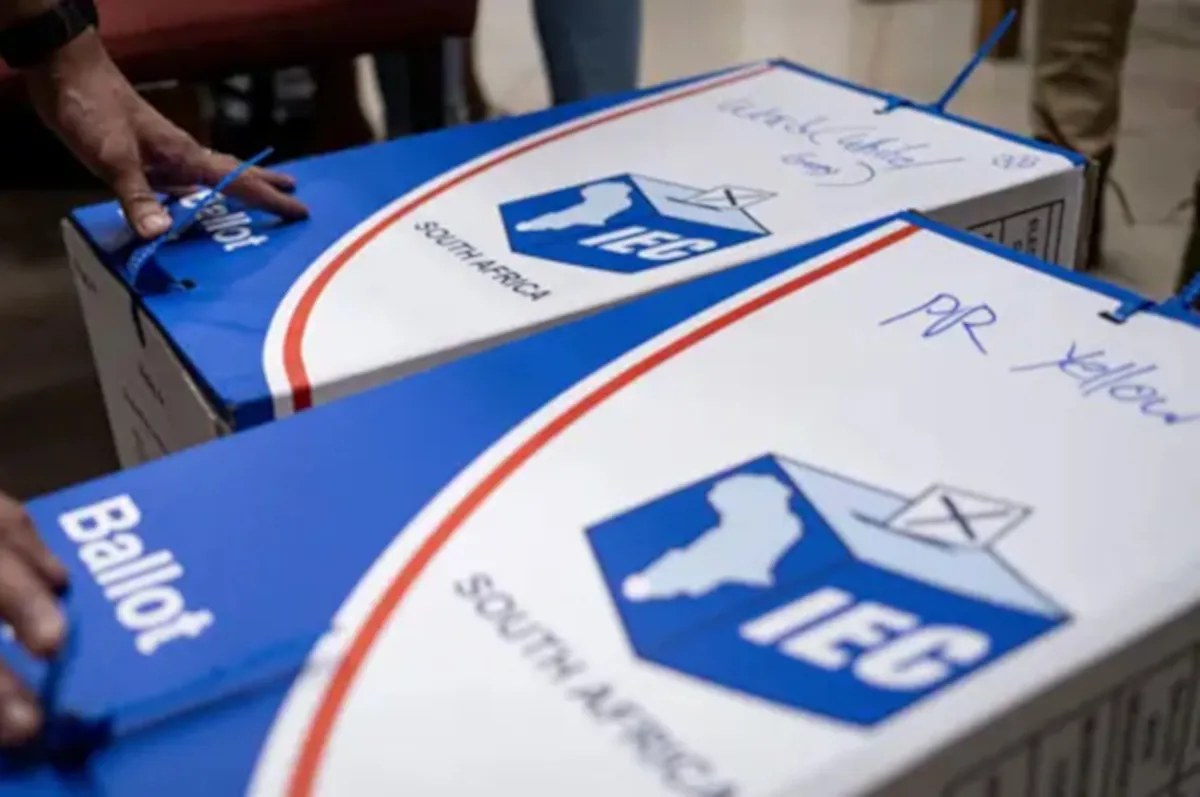
These are the donors behind SA’s political parties in Q4
The IEC’s latest quarterly report reveals that political parties declared R14.19 million in donations during the fourth quarter (January to March 2025).

South Africa’s political parties declared close to R231 million in private donations during the 2024/25 financial year, according to the Independent Electoral Commission (IEC).
However, new legislation now threatens to weaken transparency as the country moves toward the 2026 local government elections.
The IEC’s latest quarterly disclosure report reveals that parties declared R14.19 million in the fourth quarter (January to March 2025), showing a clear drop that reflects the ongoing trend of reduced contributions outside of election seasons.
Only three parties – the ANC, Democratic Alliance (DA), and ActionSA – made disclosures during this period.
Breakdown of Q4 donations
- ANC: R7 million
- R4 million from Chancellor House Trust
- R3 million from Naspers Limited
- (Chancellor House has donated R11 million in 2024/25 — still under the R15 million legal cap)
- DA: R6.19 million
- R3 million from Naspers
- R1.04 million (in-kind) from the Friedrich Naumann Foundation (FNF) for internal training and strategy
- R743,687 from Main Street 1564
- Smaller contributions from Polyoak Packaging, DKS Cleaners, and private individuals
- ActionSA: R1 million
- From African Equity Corporation (Pty) Ltd
Transparency on the chopping block?
The Political Party Funding Act (PPFA), enacted in 2018 and enforced from 2021, was a landmark law meant to regulate and increase transparency in party financing.
It:
- Required donations above R100 000 to be disclosed
- Capped annual donations from a single source at R15 million
- Banned funding from foreign governments and state-owned entities
- Introduced public funding via the Represented Political Parties Fund and Multi-Party Democracy Fund (MPDF)
However, this framework is now under threat.
Controversial legislative changes incoming
Earlier this year, Parliament passed a resolution – not yet enacted – to double both:
- The minimum disclosure threshold to R200 000
- The maximum annual private donation limit to R30 million per donor
Despite strong criticism from civil society and findings by the Parliamentary Budget Office (PBO) that South Africa’s R15 million donation cap is already an international outlier, lawmakers continue to push the proposal forward.
Civil society watchdog My Vote Counts (MVC) has strongly opposed the move and has taken legal action to stop it.
The group described the proposed changes as “a step backwards for democracy” and accused lawmakers of undermining the public’s right to access information on political funding.
“If the president signs off on this, it will lead to greater secrecy just as South Africa prepares for another heated election cycle,” MVC said.
“It’s a fruit of the poisoned tree.”
Lack of disclosure from other major parties
While the ANC and DA consistently report large donations, the EFF and MK Party, both key players in the 2024 elections—declared only R3.2 million and R380,555 respectively for the entire 2023/24 cycle.
These low amounts raise concerns about possible undeclared funding and gaps in enforcement.
Outlook for 2026
With municipal elections looming in 2026 and campaign activity ramping up, political donations are expected to increase – but transparency may decrease if the president enacts the Parliamentary resolution.
Despite tight finances, no increase in public party funding has been approved for 2025/26, making parties more dependent on private backers.
Yet, without robust regulation, civil society fears the system is becoming more opaque and vulnerable to undue influence.
Key figures
- Total 2024/25 declared donations: R231 million
- Top Q4 donor: Naspers (R6 million combined to ANC and DA)
- Donation threshold (pending change): R100 000 → R200 000
- Annual cap (pending change): R15 million → R30 million
